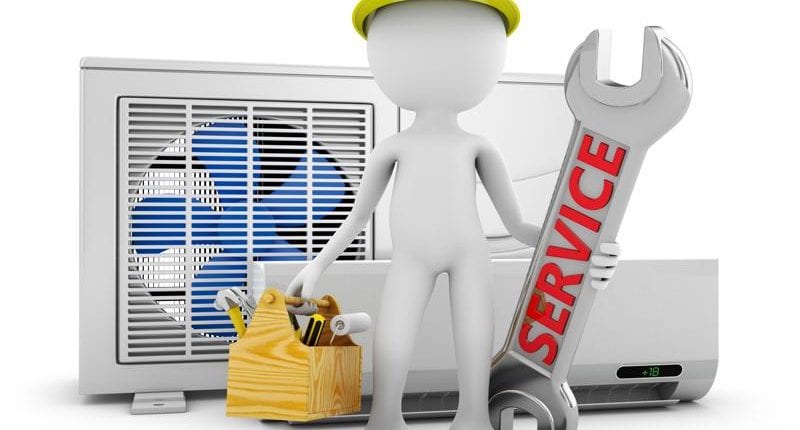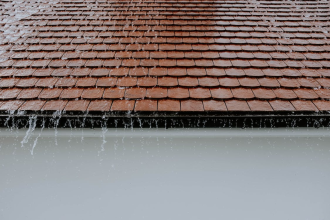Maintaining a well-functioning HVAC system is essential for comfort and energy efficiency in any space. A properly functioning heating, ventilation, and air conditioning (HVAC) system ensures a comfortable environment in both summer and winter. HVAC systems can become inefficient without regular maintenance, resulting in higher energy costs.
Scheduling a professional hvac tune up can help preserve the system’s performance and extend its lifespan. Regular tune-ups prevent minor issues from escalating into costly repairs, ensuring the system runs smoothly throughout the year. This article outlines what to expect from an HVAC tune-up and explains how it helps keep your system in optimal condition.
Key Components Checked During an HVAC Tune-Up
A professional HVAC tune-up involves inspecting and cleaning essential components to ensure optimal performance:
- Air filters: Over time, filters collect dust and debris, reducing airflow and efficiency. The technician will clean or replace them, improving air quality and system performance.
- Evaporator and condenser coils: Dirty coils can reduce system efficiency and increase energy usage. Cleaning these coils helps maintain optimal energy efficiency and ensures smooth operation.
These tasks are crucial for keeping the HVAC system running smoothly and maintaining a comfortable indoor environment. Regular maintenance of these components ensures the system remains efficient and reliable throughout its lifespan.
How Thermostat Calibration Enhances HVAC Efficiency
Thermostat calibration is a crucial step in an HVAC tune-up that directly impacts the system’s overall performance. The thermostat controls the HVAC system’s temperature settings, ensuring that it operates efficiently. A technician will inspect the thermostat’s accuracy and adjust it to align with the desired temperature settings.
Proper calibration ensures the system functions as intended, helping prevent unnecessary energy consumption and reducing utility costs. An accurately calibrated thermostat ensures the HVAC system operates smoothly without excessive energy consumption, maintaining a consistent and comfortable indoor environment.
Key benefits of thermostat calibration:
- Energy Savings: Accurate settings reduce energy waste.
- Improved Comfort: Helps maintain desired indoor conditions.
- System Longevity: Prevents overworking the system, extending its lifespan.
The HVAC system works efficiently with proper calibration, maintaining comfort without overburdening the unit.
Ductwork and Refrigerant Inspections for Optimal Performance
A professional technician will also inspect the ductwork during an HVAC tune-up. Leaky ducts can impact the system’s efficiency by causing energy loss. The technician will identify and seal any leaks, ensuring that air is being circulated properly throughout the building. This step is essential for maximizing the HVAC system’s efficiency and improving comfort throughout the space.
Additionally, the technician will check the system’s refrigerant levels. Proper refrigerant levels ensure that the air conditioner performs efficiently and effectively. The technician will top off the refrigerant levels as necessary, ensuring the system operates smoothly during the cooling season.
Preventing Expensive Repairs and Extending System Lifespan
One of the key benefits of scheduling an HVAC tune-up is preventing potential issues from becoming larger, more costly repairs. A well-maintained system is less likely to experience unexpected malfunctions. By identifying minor problems during a tune-up, the technician can address them before they become more significant. Routine HVAC maintenance also helps extend the lifespan of the system. With proper care, an HVAC system can perform well over time. Regular maintenance reduces the strain on the system’s components, enabling it to run more effectively for longer periods.
An hvac tune up is essential for ensuring that the system operates efficiently and effectively. Regular maintenance enhances energy efficiency, prevents unnecessary repairs, and extends the system’s lifespan. A well-maintained HVAC system provides consistent comfort, lowers energy costs, and contributes to a more comfortable living or working environment. Scheduling regular tune-ups ensures optimal performance and contributes to the long-term reliability of the HVAC system.















